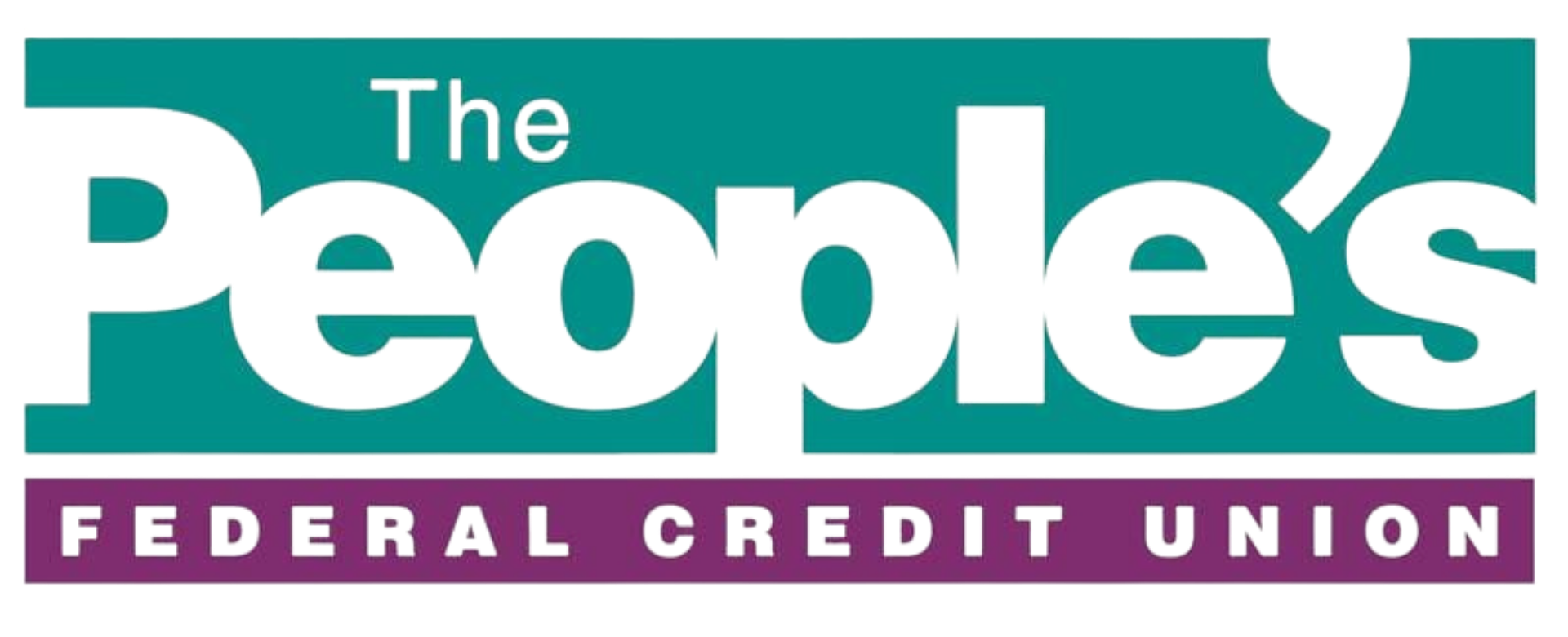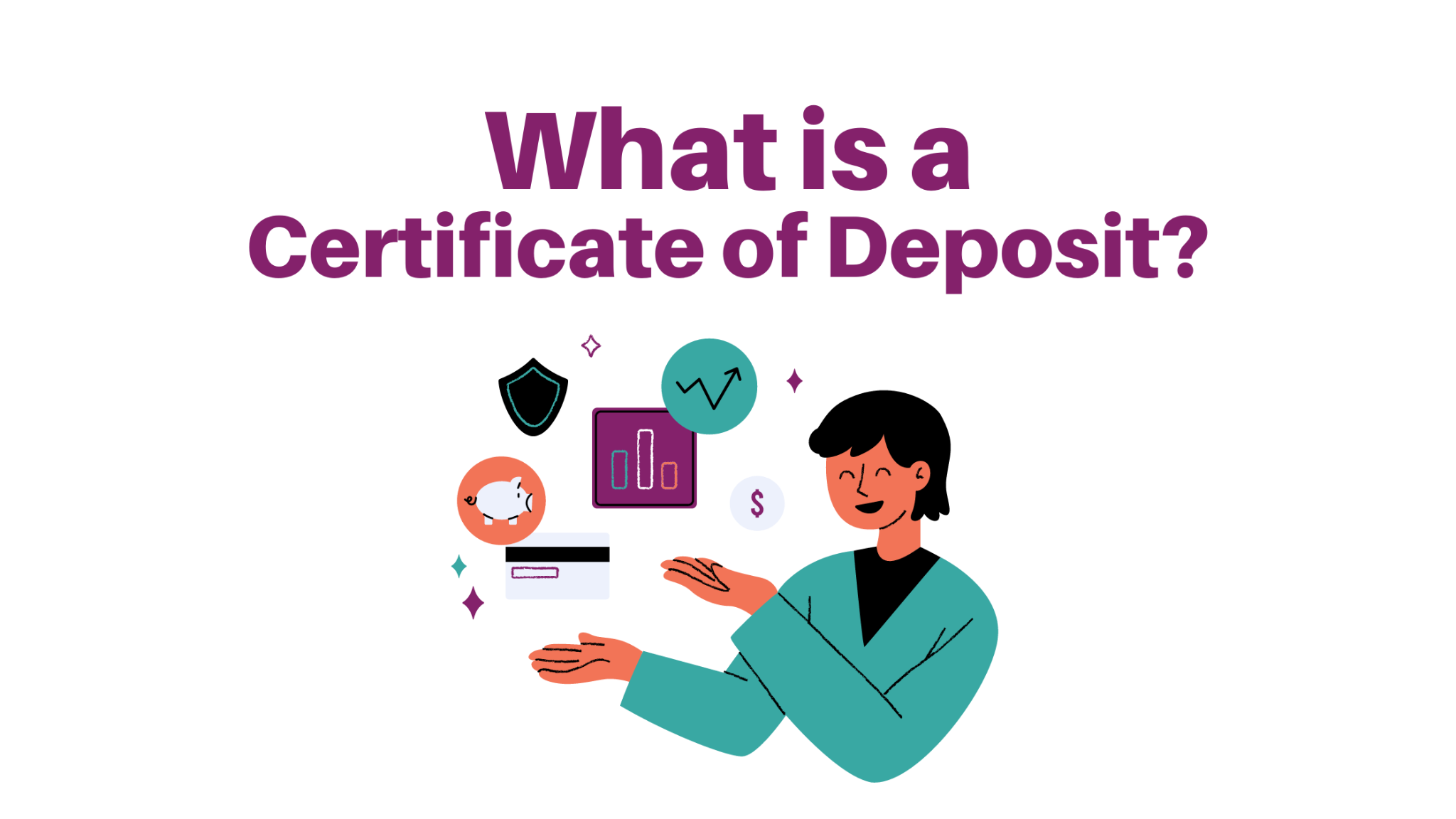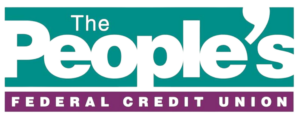A Certificate of Deposit, commonly referred to as a CD, is a type of savings account that holds a fixed amount of money for a fixed period of time with a fixed interest rate. In other words, when you purchase a CD, you agree to lend your money to the financial institution for a predetermined duration, ranging from a few months to several years. In return, the institution pays you interest over this period.
The interest rate on CDs is typically higher than that of regular savings accounts because your money is locked in for the term of the CD, providing the bank with more stability.
CDs are considered low-risk investment options because they offer fixed, predictable returns and are insured by the Federal Deposit Insurance Corporation (FDIC) or National Credit Union Administration (NCUA) for up to $250,000, making them a safe choice for investors looking to preserve capital while earning a return on their investment.
Understanding CD Key Terms
Diving into the world of Certificates of Deposit (CDs) involves familiarizing yourself with some essential terms that define how CDs work and what benefits they offer.
- Principal or Capital: The initial sum deposited into the CD, which, along with the earned interest, constitutes the total return at the end of the term.
- Return: The total amount received at the end of the CD’s term, composed of the original principal plus the accrued interest, highlighting the investment’s growth.
- Term Length: The duration your funds are locked in the CD, ranging from a few months to several years, with longer terms usually offering higher interest rates.
- Interest Rate: The fixed percentage paid by the bank on the amount deposited, offering a predictable return.
- APY (Annual Percentage Yield): This indicates the total interest earned on the CD in a year, taking into account the effects of compounding interest, which is the interest earned on both the initial deposit and any accumulated interest over time. APY provides a comprehensive view of potential earnings.
Example: Earnings from a $10,000 CD in One Year
Let’s consider an example to understand how much a $10,000 Certificate of Deposit (CD) could earn in a year. Suppose you invest $10,000 in a one-year CD with an Annual Percentage Yield (APY) of 2.5%.
Here’s how you’d calculate the interest earned:
Principal (Initial Investment): $10,000
Annual Interest Rate (APY): 2.5%
Investment Term: 1 year
Using the simple interest formula for a basic calculation (not accounting for compounding), the interest earned would be:
Interest Earned = Principal × Interest Rate ×Term
Plugging in the numbers:
Interest Earned=$10,000 × 0.025 × 1 = $250
So, in this example, you would earn $250 in interest over one year, making the total value of your CD $10,250 at the end of the term.
Remember, this calculation assumes simple interest without compounding. If the CD compounds interest annually, semi-annually, quarterly, or monthly, the total interest earned could be slightly higher due to the effect of compounding. Always check the specific terms of your CD for the most accurate calculation.
Pros and Cons of Opening a CD
Opening a Certificate of Deposit (CD) can be an attractive investment strategy for many, but it’s important to weigh its advantages and disadvantages.
Here’s a straightforward chart to help you consider if a CD is right for you:
Certificate of Deposit Pros |
Certificate of Deposit Cons |
Guaranteed Return
CDs offer a fixed interest rate, ensuring a predictable return on your investment at the end of the term. |
Limited Liquidity Your money is locked in for the duration of the term, and withdrawing funds early can result in penalties. |
Low Risk Since they are federally insured up to $250,000, CDs are considered low-risk investments, making them a safe place to keep your money. |
Lower Yield Compared to Other Investments While safer, CDs typically offer lower returns compared to riskier investments like stocks or mutual funds. |
Higher Interest Rates Generally, CDs offer higher interest rates than traditional savings accounts, especially with longer terms. |
Interest Rate Risk If interest rates rise after you’ve locked in a CD, your money will be tied up at the lower rate, potentially leading to missed opportunities for higher returns. |
Simple and Accessible CDs are straightforward to understand and can be opened at most banks and credit unions, making them accessible to all levels of investors. |
Inflation Risk There’s a chance that inflation could outpace your CD’s interest rate, diminishing the purchasing power of your returns over time. |
Should You Open a Certificate of Deposit?

When considering a Certificate of Deposit (CD) for your investment portfolio, several key factors should guide your decision:
1. Financial Objectives
If you’re aiming to save for a specific, short- to medium-term goal with minimal risk, a CD’s fixed interest rates offer predictable returns that can help you plan effectively.
2. Risk Appetite
CDs are suitable for investors with low risk tolerance, providing a safe, FDIC-insured option with a guaranteed return, making them a reliable choice for preserving capital.
3. Access to Funds
Consider your liquidity needs. CDs lock in your funds for a set period, and accessing your money early could lead to penalties. If immediate access to your investment is a priority, a CD might not be the best fit.
4. Interest Rate Climate
The current and expected CD rate and environment is crucial. In periods of low interest rates, the returns on CDs might be modest, whereas high rates can lock in a favorable yield.
Open Certificate of Deposit Today
If you’ve decided to invest in a Certificate of Deposit (CD), TPFCU’s options offer the simplicity and competitive returns you’re seeking.
With terms of 6, 12, or 24 months and a minimum deposit of $5,000, our CDs provide tiered dividend rates that are fixed and rewarding, ensuring stability and growth for your savings.
By choosing our CDs, you’re not just investing your money; you’re securing a predictable and competitive return, making it a smart move for anyone looking to enhance their financial portfolio. Contact us today!








